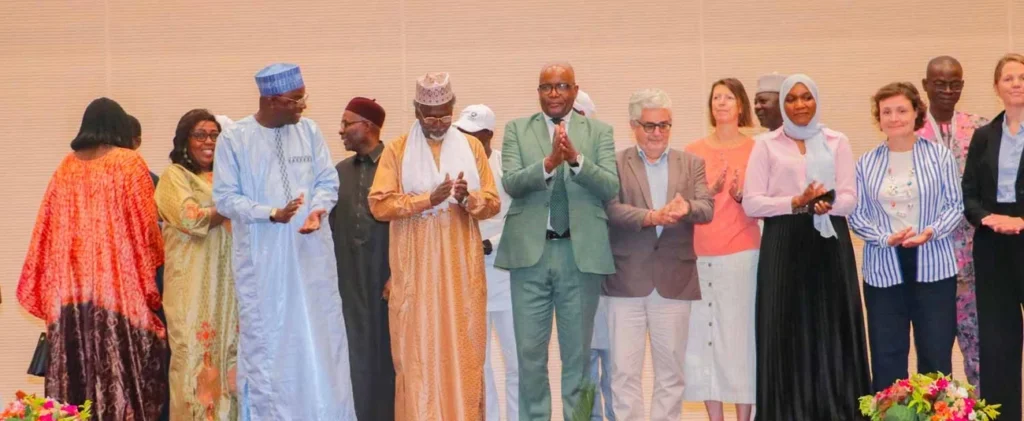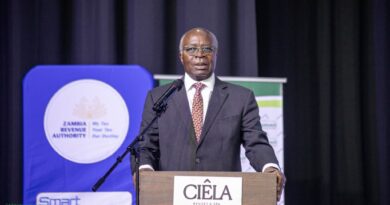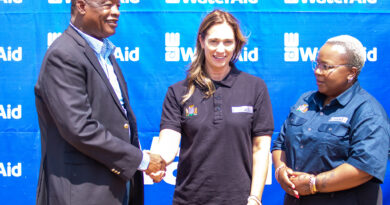AfDB Pledges Stronger Support for Sanitation in Chad
The African Development Bank (AfDB) has reaffirmed its commitment to helping Chad achieve universal access to sanitation services, following the country’s first National Sanitation Forum, held from 2 to 4 September in N’Djamena.
The event, organised by the Ministry of Water and Energy under the patronage of Prime Minister Allamaye Halina, convened government ministries, municipalities from N’Djamena, Abéché and Moundou, international experts, civil society, youth associations and development partners.
Speaking at the forum, Claude N’Kodia, AfDB Acting Country Manager in Chad, stressed the Bank’s determination to back Chad’s sanitation ambitions. “Ensuring universal access to safely managed sanitation services is not a utopian dream, but a perfectly achievable goal. The African Development Bank stands ready to support Chad with its financial instruments and technical expertise to turn this ambition into reality,” he said.
Tom Erdimi, Secretary of State for Higher Education, representing the Prime Minister, described the forum as a turning point. “Sanitation is a major determinant of public health, a foundation of human dignity, and a cornerstone of sustainable development. This forum should enable us to draw up a realistic national roadmap and mobilise all our efforts to sustainably improve the living conditions of Chadians.”
Chad continues to face critical sanitation challenges: over 82% of the population lack adequate facilities, 63% practise open defecation, and just 11% have access to safely managed services. The economic toll of poor sanitation is estimated at $129.5 million annually, affecting health, the environment and social development.
Forum participants called for urgent measures, including strengthening Chad’s legal and regulatory framework for sanitation, dedicating at least 0.5% of GDP to sanitation, launching a national campaign against open defecation, and establishing a National Sanitation Office.
Municipal leaders also emphasised community participation. Djamal Yaya Moussa, Mayor of N’Djamena’s 1st District, said: “Sanitation is at the heart of the municipalities’ mission. This forum constitutes a genuine social contract, binding the State, partners and, above all, the population, the main actor in sanitation. The challenge is to bring about lasting behavioural change for a healthier, more public-spirited living environment.”
The AfDB is already financing flagship projects in Chad’s water and sanitation sector. These include the Rural Drinking Water Supply and Sanitation Programme (PNEAR), worth $21.67 million, which has delivered 366 latrines, 570 handwashing facilities and awareness campaigns, cutting waterborne disease prevalence in half.
The Bank has also funded the Drinking Water Supply and Sanitation Programme in Semi-urban and Rural Areas (PAEPA SU MR) with $61.58 million, targeting 11 vulnerable provinces while promoting circular economy, women’s empowerment and climate resilience.
According to the AfDB, these efforts are central to reducing inequalities, creating jobs and improving long-term public health in Chad.



